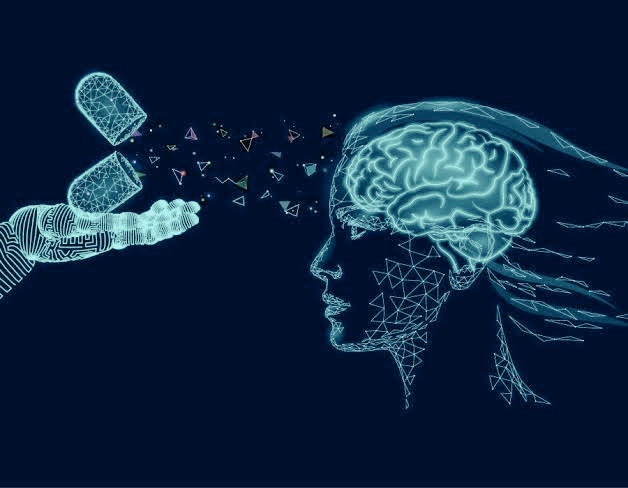Akansha Saini: In an era dominated by technological advancements, the intersection of mental health and technology has emerged as a focal point for innovation and support. The evolving landscape presents both promising solutions and ethical considerations, reshaping the way we perceive and address mental health in the digital age.
Technology’s impact on mental health is multifaceted. On the positive side, digital platforms offer accessible resources for mental health education, awareness, and support. Apps and online platforms provide a space for individuals to access information, connect with communities, and even engage in therapeutic interventions from the comfort of their homes. This accessibility is particularly valuable in reducing the stigma surrounding mental health issues and promoting a culture of openness and understanding.
Artificial Intelligence (AI) and machine learning are playing an increasingly significant role in mental health care. These technologies have the potential to analyze vast datasets to identify patterns and predict mental health trends. Early detection of mental health conditions can enable timely intervention and support, ultimately improving outcomes for individuals facing mental health challenges.
Teletherapy and virtual counseling have gained prominence, especially in the context of global events that have limited in-person interactions. Technology facilitates remote access to mental health professionals, making counseling services more widely available and reducing barriers such as geographical distance and mobility constraints. However, it is crucial to address concerns about privacy and the quality of care in the digital therapeutic space.
Despite these advancements, ethical considerations loom large. Privacy concerns related to the collection and use of sensitive mental health data raise questions about data security and consent. Striking a balance between harnessing technology for mental health support and safeguarding individual privacy requires careful regulation and ethical frameworks.
Moreover, the digital divide poses challenges to equitable access to mental health resources. Not everyone has the same level of access to technology or the internet, potentially exacerbating existing disparities in mental health care. Bridging this divide is essential to ensure that technological innovations benefit all individuals, regardless of socio-economic status.
As we navigate this evolving landscape, it is imperative to maintain a human-centric approach. Technology should complement, not replace, the human connection in mental health care. The empathetic understanding that comes from human interaction remains irreplaceable, and technology should enhance, rather than diminish, the personal aspects of mental health support.
In conclusion, the role of technology in mental health is a dynamic and evolving one. While it presents promising opportunities for accessibility, early intervention, and innovative therapies, ethical considerations and the need for inclusivity must guide its development. By fostering a balanced integration of technology and human-centered approaches, we can pave the way for a future where mental health support is comprehensive, accessible, and compassionate.





